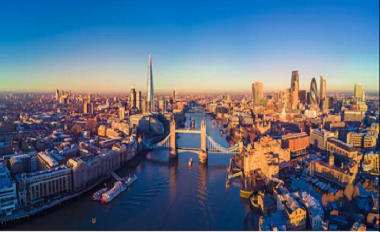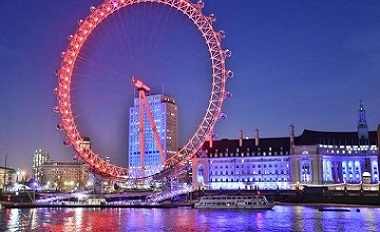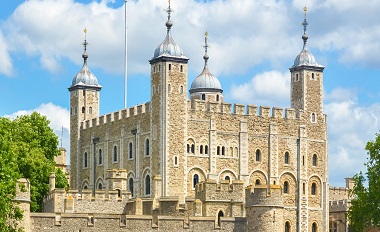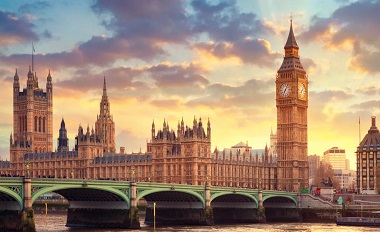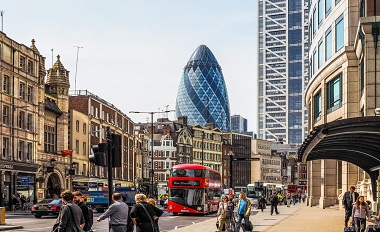Venue & Hospitality
City Highlights
About City
About City:
London is the capital and most populous city of England and the United Kingdom. London's ancient core, the City of London, largely retains its 1.12-square-mile (2.9 km) medieval boundaries. London a region governed by the Mayor of London and the London Assembly. London is one of the leading global cities in the arts, commerce, education, entertainment, fashion, finance, healthcare, media, professional services, research and development, tourism and transportation. It is the world's largest financial centre and has the fifth or sixth largest metropolitan area GDP in the world.
London is often regarded as a world cultural capital. It is the world's most-visited city as measured by international arrivals and has the world's largest city airport system measured by passenger traffic. London's universities form the largest concentration of higher education institutes in Europe. It’s estimated mid-2016 municipal population (corresponding to Greater London) was 8,787,892, the largest of any city in the European Union and accounting for 13.4% of the UK population. London's urban area is the second most populous in the EU, after Paris, with 9,787,426 inhabitants.
The city's metropolitan area is the most populous in the EU with 14,040,163 inhabitants in 2016, while the Greater London Authority states the population of the city-region (covering a large part of the south east) as 22.7 million. London was the world's most populous city from around 1831 to 1925. London is home to numerous museums, galleries, libraries, sporting events and other cultural institutions, including the British Museum, National Gallery, Natural History Museum, Tate Modern, British Library and West End theatres. The London Underground is the oldest underground railway network in the world.
Venue

